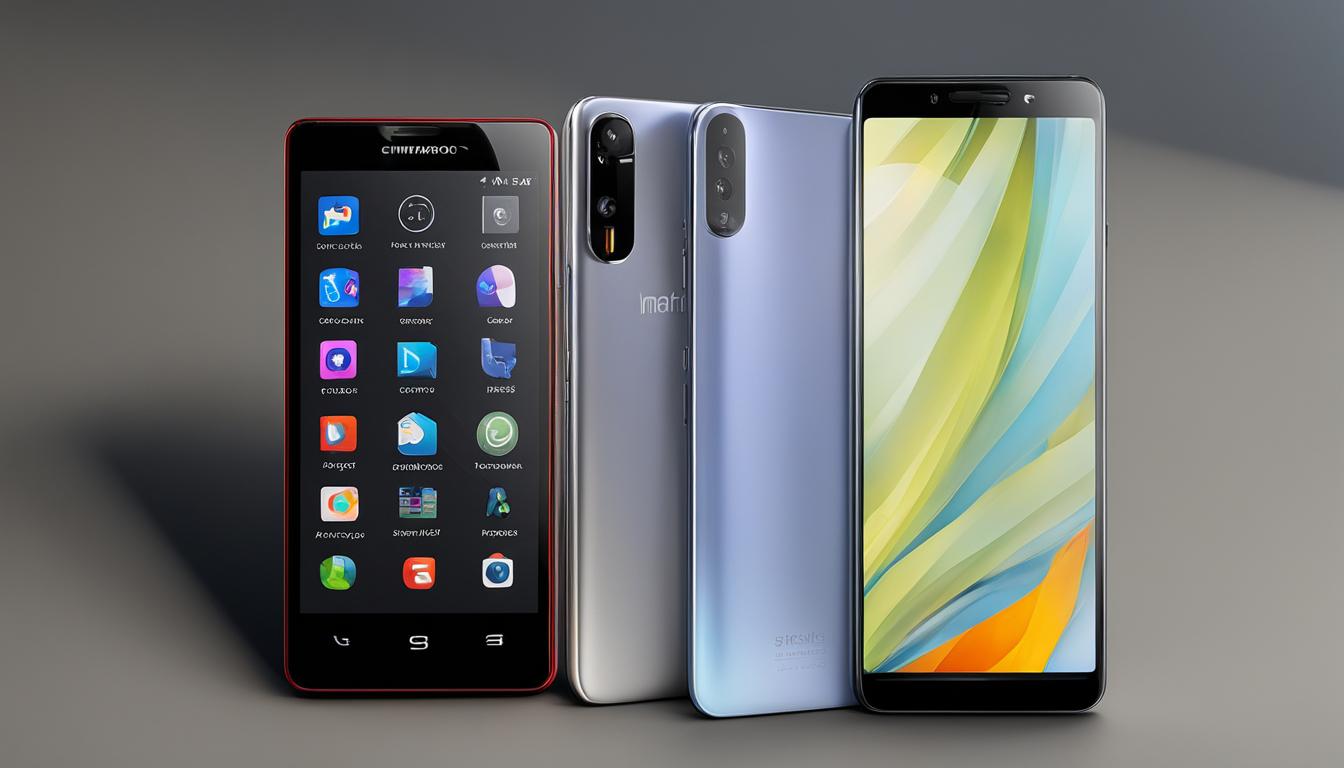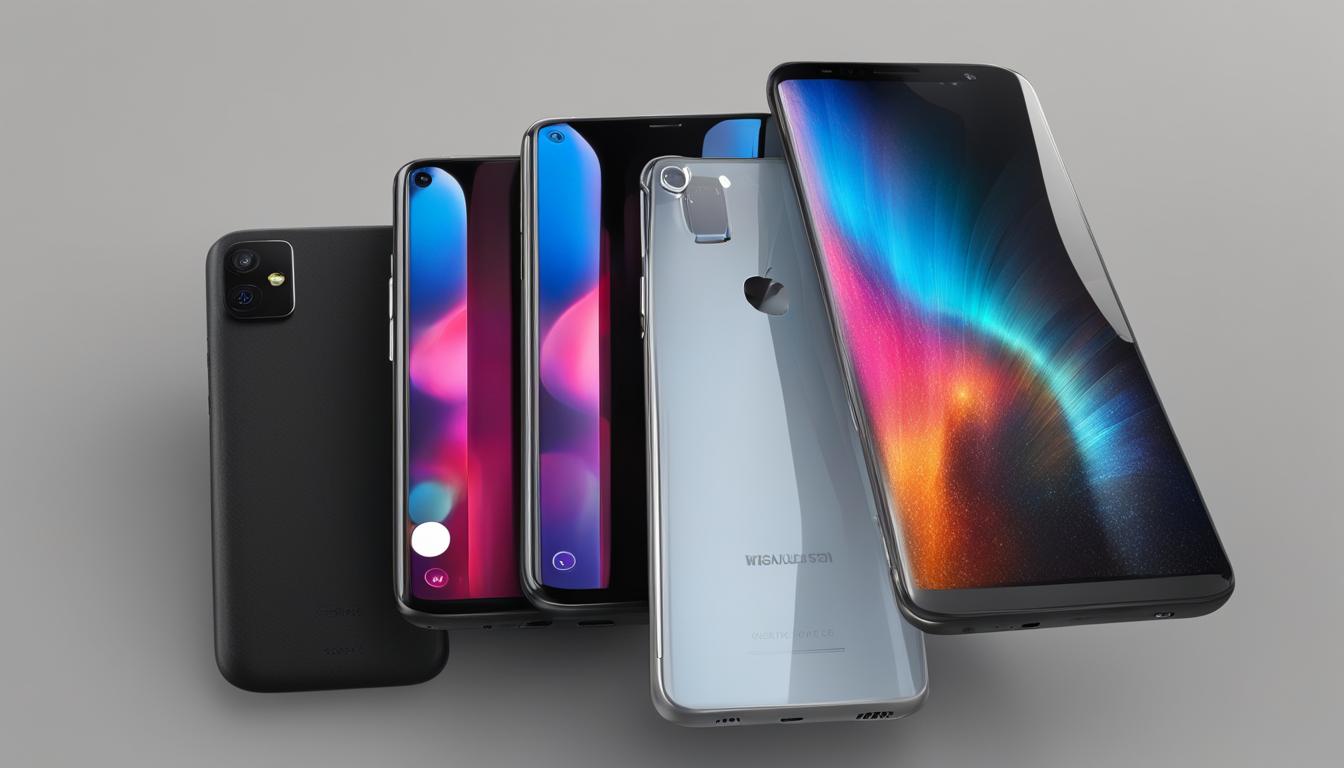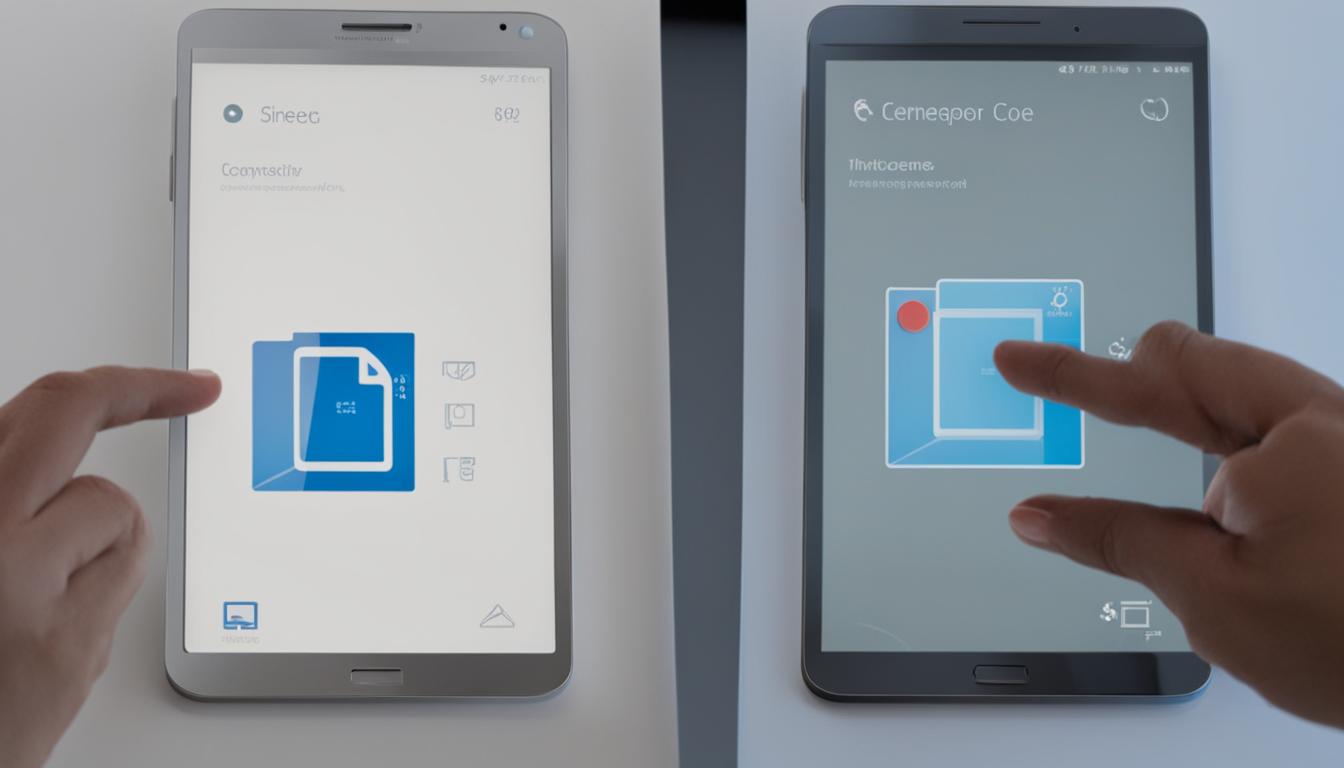In today’s digital age, mobile devices have become an integral part of our lives. From browsing the internet to accessing various applications, we rely on our smartphones and tablets for almost everything. But have you ever wondered what sets mobile web apart from mobile apps?
Mobile web and mobile apps are two distinct platforms that serve different purposes. While they both cater to the mobile audience, they have unique characteristics that set them apart. In this article, we will explore the key differences between mobile web and mobile apps, helping you understand which option is best suited to reach your target audience.
Key Takeaways:
- Mobile web and mobile apps offer different functionalities and user experiences.
- Mobile websites are accessible through web browsers and provide a broader audience reach.
- Mobile apps are downloaded and installed on devices, offering a more interactive and customized experience.
- Mobile websites are compatible across all devices, while apps require specific installations.
- Developing a mobile website is less expensive than building a mobile app.
What is a Mobile Website?
A mobile website is a collection of web pages specifically designed and optimized for mobile devices. It offers a seamless user experience by adapting to smaller screen sizes and touch interfaces. Mobile websites serve various purposes, including providing contact information, product details, blogs, and purchase options.
One of the key benefits of a mobile website is its broader audience reach. Unlike mobile apps that require users to download and install them, mobile websites can be accessed through web browsers, making them easily accessible to anyone with an internet connection. This accessibility allows businesses to reach a wider range of users, potentially increasing their website traffic and customer engagement.
Additionally, mobile websites have the advantage of being easier to share. Users can simply share the website’s URL with others, enabling quick and effortless dissemination of information. This makes mobile websites ideal for businesses looking to enhance their online presence and expand their brand awareness.

Benefits of Mobile Websites:
- Broader audience reach
- Easy accessibility via web browsers
- Improved online presence and brand awareness
- Easier sharing of content
- Opportunity for optimized location-based services
| Mobile Websites | Mobile Apps | |
|---|---|---|
| Access | Accessible through web browsers Compatible with all devices |
Require downloading and installation Device-specific (iOS/Android) |
| Interaction | Limited interactivity with users Less customization |
More interactive and customized experience Can leverage device-specific features |
| Development | Less complex and costly to develop | More complex and time-consuming Platform-specific development |
What is a Mobile App?
A mobile app is a software application that can be downloaded and installed on a mobile device, such as a smartphone or tablet. Unlike a mobile website, which is accessed through a web browser, a mobile app is installed directly on the device and can be used offline. Mobile apps offer a range of functionalities and interactions that are specifically designed for the mobile platform.
The purpose of mobile apps is to provide users with a more customized and interactive experience. They can offer features such as personalized recommendations, push notifications, and access to device-specific capabilities like the camera or GPS. Mobile apps are commonly used by businesses that require regular interactions with customers or need specific functionalities for their products or services.
There are several benefits to using a mobile app for your business. Firstly, mobile apps can provide a higher level of engagement and user retention compared to mobile websites. With push notifications, you can easily communicate with your users and keep them updated about new features, promotions, or important information. Additionally, mobile apps can offer a more streamlined and convenient user experience, with features such as one-click purchasing or saved preferences.
| Benefits of Mobile Apps |
|---|
| Enhanced user engagement |
| Improved user retention |
| Streamlined user experience |
| Personalized interactions |
| Access to device-specific features |
In summary, mobile apps provide businesses with the opportunity to create a more personalized and interactive experience for their customers. With features like push notifications and access to device-specific capabilities, mobile apps can enhance user engagement and retention. By offering a streamlined user experience and convenient functionalities, mobile apps can help businesses stand out in a competitive market and build stronger relationships with their audience.
Key Differences Between Mobile Web and Mobile Apps
When it comes to mobile presence, businesses often face the question of whether to invest in a mobile website or a mobile app. While both options have their advantages, there are key differences that can help you make an informed decision. Let’s explore the main contrasts between mobile web and mobile apps in terms of function, access, complexity, and cost.
Function
A mobile website is primarily designed to inform and deliver content to a wide audience. It serves as a platform for providing information about your business, products, or services. On the other hand, a mobile app focuses on offering an interactive and task-oriented experience. Apps are built to help users complete specific tasks, such as making purchases, accessing exclusive content, or engaging in personalized interactions.
Access
One significant difference between mobile web and mobile apps is the way users access them. A mobile website is accessible to anyone with internet access through a web browser, regardless of the device they are using. It offers a broader reach across different platforms and devices. In contrast, mobile apps need to be downloaded and installed on a user’s device. While this limits the audience to users who have downloaded the app, it also allows for offline access and more personalized interactions.
Complexity and Cost
Developing a mobile website is generally less complex and expensive compared to building a mobile app. Mobile websites are built using web technologies that are compatible across various devices. They require less specialized development skills and can be easily updated. On the other hand, mobile apps require specific programming languages and expertise. They often involve more complex functionalities, such as integration with device features like GPS or camera. Consequently, developing an app can be more time-consuming and costly.
| Mobile Web | Mobile Apps | |
|---|---|---|
| Function | Primarily informational | Interactive and task-oriented |
| Access | Accessible through web browsers | Requires download and installation |
| Complexity | Less complex development | More complex development |
| Cost | Less expensive | More expensive |
It’s important to consider your specific goals and target audience when deciding between a mobile website and a mobile app. If you aim to reach a wider audience and provide information, a mobile website might be the right choice. However, if you require more advanced interactions and personalized experiences, investing in a mobile app could be the way to go. Keep these key differences in mind to make an informed decision that aligns with your business objectives.
Conclusion
In summary, when deciding between mobile web and mobile apps, businesses should consider their specific goals and needs. Mobile websites are advantageous for reaching a wider audience and improving search engine optimization. They are easily accessible and shareable, making them suitable for businesses that do not require real-time interactions. On the other hand, mobile apps offer customized interactions and advanced functionalities. They leverage device-specific features and provide a more immersive experience for businesses that require regular interactions with customers.
Ultimately, the choice between mobile web and mobile apps depends on the desired level of interactivity, complexity, and the target audience. Mobile websites are cost-effective and offer broader reach, while mobile apps provide a more tailored and interactive experience. By understanding the key differences and strengths of each option, businesses can make an informed decision that aligns with their objectives.
Whether opting for a mobile website or a mobile app, businesses should leverage the power of the mobile platform to enhance their online presence and engage with their target audience effectively.
FAQ
What are the key differences between mobile websites and mobile apps?
Mobile websites are accessed through web browsers on mobile devices, while mobile apps are downloaded and installed on devices. Mobile websites offer a broader audience reach and are easier to share, while mobile apps provide a more interactive and customized experience.
What is a mobile website?
A mobile website is a collection of web pages accessed through a web browser on a mobile device. It adapts to the smaller screen size and touch interface of mobile devices. Mobile websites serve various purposes, such as providing contact information, product information, blogs, and purchase options.
What is a mobile app?
A mobile app is a software application downloaded and installed on a mobile device. It can be used offline and offers customized interactions and functionalities for users. Mobile apps can leverage device-specific features like the camera or GPS.
What are the benefits of a mobile website?
Mobile websites improve search engine optimization, are easier to share, and can help with branding efforts. They are compatible across all devices and accessible through web browsers.
What are the benefits of a mobile app?
Mobile apps provide a more immersive and customized experience, leveraging device-specific features. They can send push notifications to users for updates and communication.
Which is less expensive to develop, a mobile website or a mobile app?
Developing a mobile website is less expensive than building a mobile app. However, mobile apps offer more advanced functionalities and customization options.



